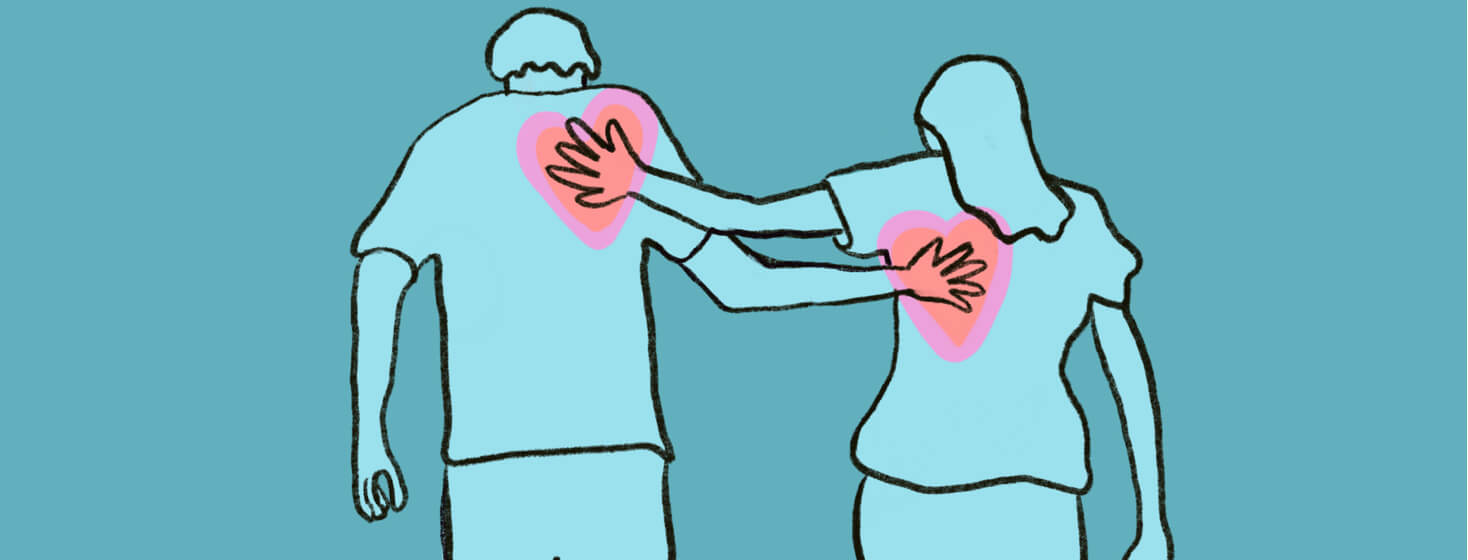Caring For a Disabled Person as a Disabled Person
Ten years ago, I became a mom. Three years into those ten, my oldest son was diagnosed with autism. It was not a shocking diagnosis, but it was a life-changing one. For reference, he is high functioning, and we have been able to manage his autism pretty well from the get-go. I also had no symptoms of AS when I had my children, so this is all new territory for me.
Autism, epilepsy, and migraines
Not only does my son have autism, but he also has epilepsy. If you are unfamiliar with what epilepsy is, it is a neurological disorder that is characterized by an abnormal electrical charge in the brain resulting in seizures. There are many different types of seizures, and the type my son had were strictly nocturnal and not much of an issue. Within the past two months, we have started seeing seizures during the daytime, and it has greatly impacted our lives.
Along with his epilepsy worsening, he has also developed migraines and is exhibiting aggressive behaviors at school. When he has these episodes, which occur almost daily now, I have to drop everything and get to his school as fast I can. Between that and the slew of new doctors we have been sent to, I’m constantly going, going, going, and it is absolutely exhausting, both mentally and physically.
Anxiety and flare-ups
As you can probably imagine, all of this stuff happening at once has caused my anxiety to really ramp up as well. I'm constantly waiting by the phone, expecting a call from the school telling me he's thrown a chair or he's with the nurse with a migraine. And as you probably guessed, the anxiety causes me to flare up. I’m fatigued, I’m sore, and I’m depleted of any spoons I may have started the day off with. It's a nasty, vicious cycle.
A silver lining
The one silver lining about caring for a disabled person as a disabled person is that we have a genuine understanding of what the other one is going through. I empathize with him a lot more than most people do, and it’s because I understand the hardships he is having to and will have to endure living as a disabled person. It has also taught me a thing or two about how I need to be dealing with my own conditions.
During one of his many anxiety attacks, I found myself telling him that we just had to take everything one day at a time when it comes to his seizures. He spends a lot of time worrying that he is going to have one at school or in the car. He is constantly asking, "what if this or that happens?" I told him we can't live in a "what if world" and we just have to take things one day at a time right now.
It hit me like a ton of bricks when I realized that I needed to adopt that way of thinking. I do find myself worrying about the future a lot. What if I lose my mobility? What if I undergo a procedure and something happens? This only makes me more anxious and is counterproductive for both my physical and mental health.
It's not easy, but it's worth it
While taking care of someone disabled is super challenging, I know taking care of anyone in general as someone living with AS can be extremely difficult. If you are reading this and you are one of those people, you are not alone! There are so many amazing people in our community who are also caregivers, and I think all would agree that it is 1000% worth it.
Community Poll
What topics are you interested in learning more about?

Join the conversation